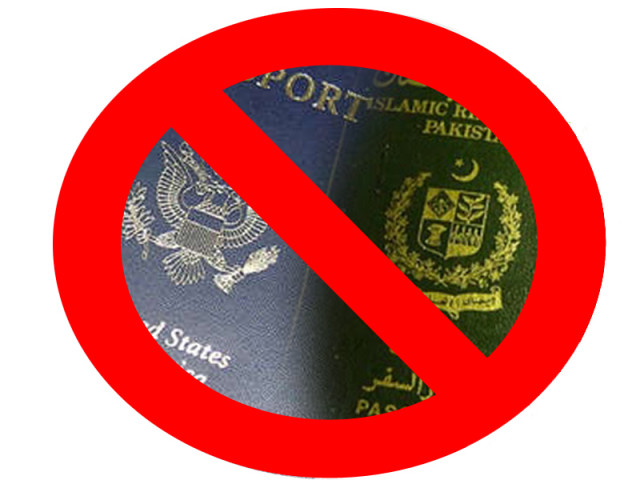Holding dual nationalities is not a crime: Malik tells SC
Malik says he had renounced his British citizenship, given as part of asylum, before taking up a public office.

Holding dual nationalities is not a crime: Malik tells SC
The Supreme Court on Wednesday had issued notices to the Parliament and the Senate to provide a list of members who held dual nationalities, while it re-issued summons to Rehman Malik, and Member National Assembly Farahnaz Ispahani to explain whether they held dual nationalities.
Malik, in his written statement, submitted through Attorney General Irfan Qadir before a two-judge bench of the apex court headed by Chief Justice Iftikhar Muhammad Chaudhry, held that he had renounced his British nationality on March 25, 2008, before holding public office.
Malik wrote, “I renounced my British nationality…. I thus do not hold any other citizenship including of British nationality except that of Pakistani citizenship.”
Chief Justice Iftikhar Muhammad Chaudhry then asked Malik’s lawyer Azhar Chaudhry to provide evidence to support the Interior Minister’s claims that he had renounced British citizenship.
He said that since his client, Rehman Malik, is currently on an official visit to UK, he will discuss this issue with him on his return. On hearing this, Justice Chaudhry advised Malik’s lawyer that it is better that he tell his client, fortunately visiting the UK, to procure relevant certificates from the British government to support his defence.
Earlier, while explaining the circumstances surrounding his British nationality, Malik stated, “it may be informed that by virtue of my continuous exile in UK for nine years due to political victimisation and life threats in Pakistan, which is a matter of public record, I was granted British nationality but I never renounced my Pakistani citizenship as dual nationality is allowed under Pakistani law.”
The court was also informed earlier through an application that it has no jurisdiction to hear this case of dual nationality. However, the court did not entertain that application and had asked Malik to reply with a yes or no answer to the court’s question.
Mian Rauf, the counsel for MNA Zahid Iqbal, told the court that the British government has only granted the status of permanent residential status to his client and that Iqbal retains his Pakistani nationality. The court asked him to appear with preparation about his nationality at the next hearing stipulated for May 16.
Despite being issued summons, MNA Farahnaaz Isphahani, nor her legal representative appeared before the court. The court asked her to engage a lawyer before next date of hearing.
Meanwhile, the petitioner Syed Akhtar Mahmood Naqvi, asked the court to take stern action against parliamentarians having with dual nationalities. On hearing his insistence, the court questioned the petitioner’s intentions, and inquired on whose instructions had he file such a petition. He told the court that he wanted to guide the people on right path. The chief justice said that only God could guide anyone on to the right path.



















COMMENTS
Comments are moderated and generally will be posted if they are on-topic and not abusive.
For more information, please see our Comments FAQ